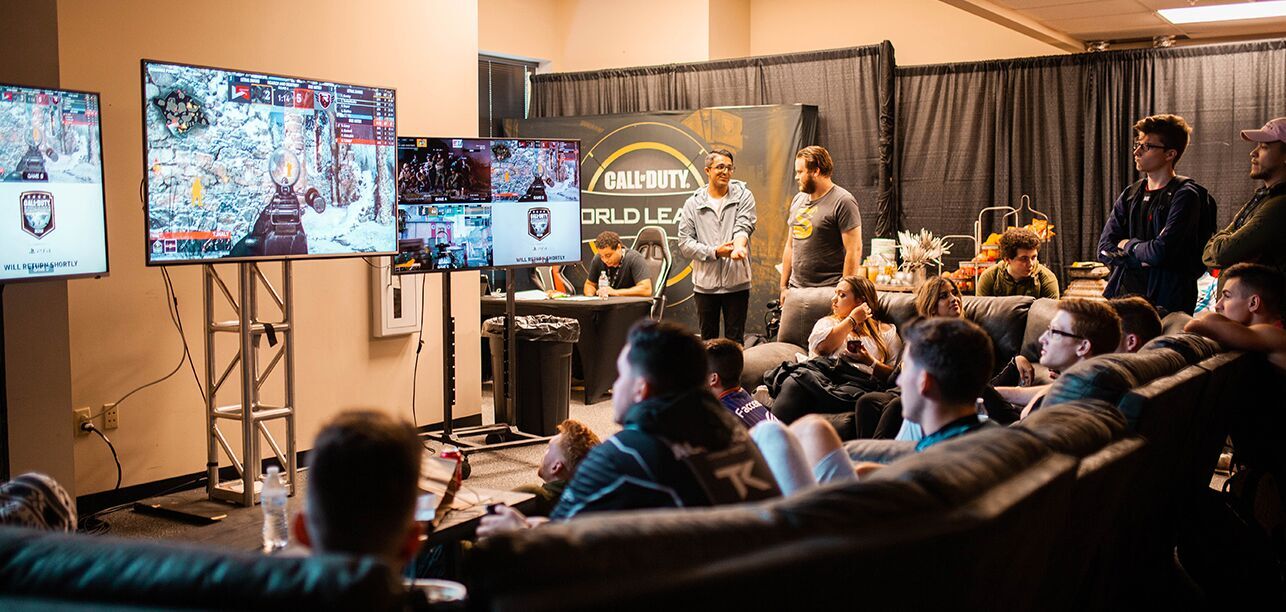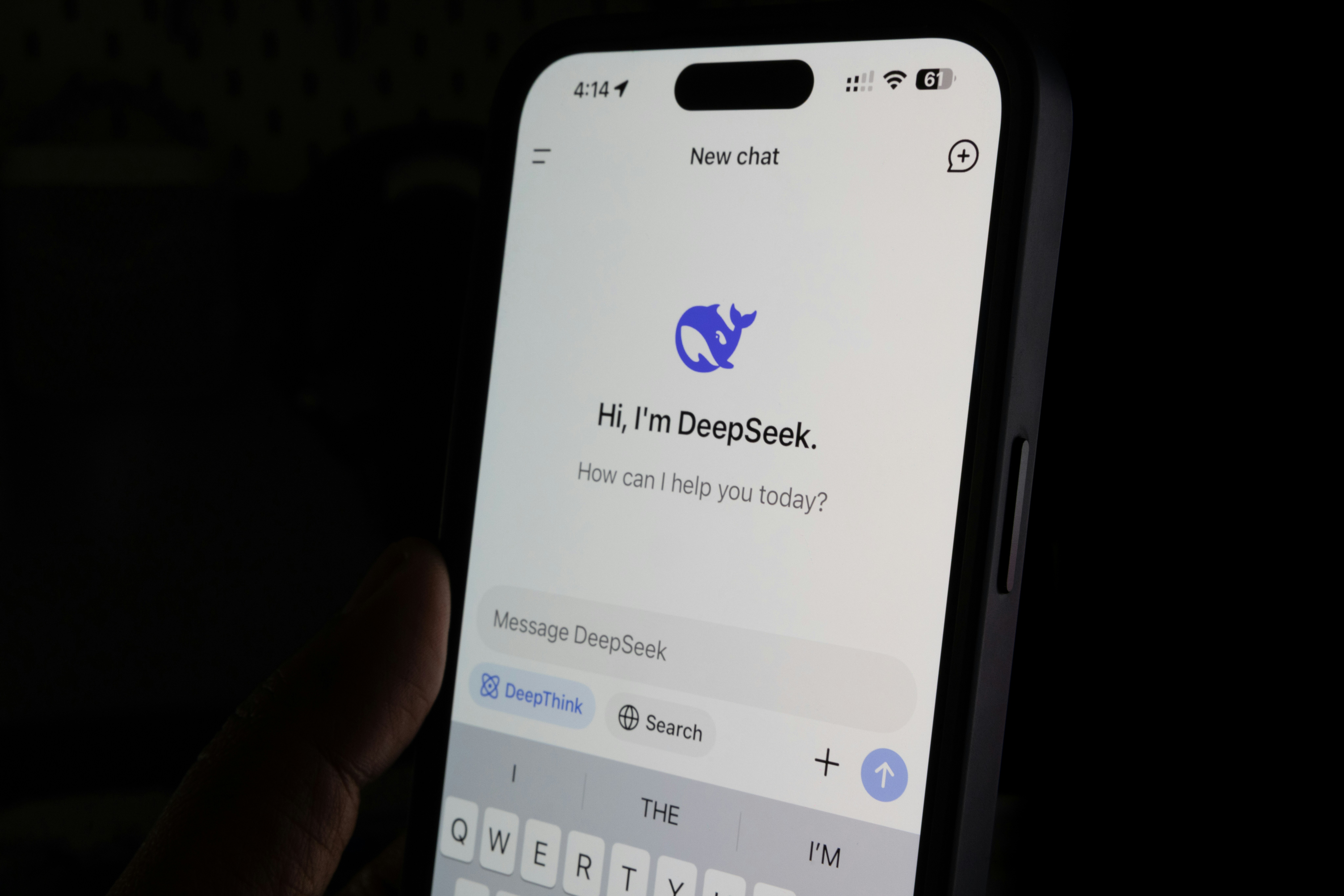
The Rise of a Multi-Billion Dollar Online Gaming Industry.
In the late 1990s, Marcus Graham was trying to make it as a professional gamer.
Known by his gaming tag as djWHEAT, Graham would travel to LAN tournaments across the country for varying sums of prize money.
It was a tough gig. For gamers in the early days of eSports, tournaments were few and far between with limited rewards. In an interview with CNN, Graham said he would spend $1,500 and travel more than a thousand miles for a tournament where he’d only win $800.
Fast forward about 20 years and the eSports landscape has drastically changed.
Graham is now a well-known eSports commentator (he still goes by the name djWHEAT), and eSports has moved from a pipe dream of gaming enthusiasts into domestic and international leagues worth hundreds of millions of dollars.
Major League Audiences and Payouts
Online gaming is now one of the world’s fastest-growing sports, with booming audiences in North and South America, Asia, and Europe.
Where other sports are generally defined by regional interests, online gaming has a major advantage. For instance, football is the most popular sport in the United States. In Europe and South America, soccer – a different kind of football – is king.
In comparison, eSports has followers all around the world, and the internet has given these fans a platform to connect and engage, which they are doing in extremely large numbers.
Consider this stat: More than 36 million people streamed the League of Legends World Championship match in 2015. That’s a larger audience than the number of people who watched Game 7 of the 2016 NBA Finals when LeBron James led the Cleveland Cavaliers to the city’s first professional sports championship in more than 50 years.
And eSports payouts aren’t cheap. In 2017, the International Dota 2 Championship in Seattle played to packed crowds at the Key Arena. The total purse was more than 20 million dollars – approximately double the total prize money of the Masters golf tournament.
Growing Corporate Backing and Investment for eSports
The meteoric rise of eSports is quickly catching the eyes and pocketbooks of interested investors.
There’s no better example of this than Blizzard’s Overwatch League. Created in 2017, the league has teams based on three continents who will eventually utilize “home” arenas in their local markets. The Overwatch League has garnered support from sports icons, such as New England Patriots owner Robert Kraft who recently purchased an Overwatch League franchise in Boston.
And Kraft isn’t alone. The NBA’s Philadelphia 76ers own two eSports teams, and several top European soccer clubs are also investing in online gaming.
Corporate sponsors are also taking note of the eSports phenomenon. Since the start of 2016, more than 600 sponsorship agreements have been signed (including one by INAP as the title sponsor for the 2018 Hi-Rez Expo). These sponsorships range from startups in smaller events to major corporations such as Red Bull, McDonald’s, and Coca-Cola for some of the world’s most popular competitions.
The Next Steps for eSports
It won’t be long before you see colleges and universities getting on the eSports bandwagon.
In 2014, Robert Morris University – a small private institution outside of Chicago – became one of the first schools to offer eSports scholarships for League of Legends gamers. The scholarships covered up to half of tuition and room and board, adding up to about $19,000 per student.
Just three years later, gamers can earn eSports scholarships at as many as 60 universities. Most of these schools are smaller or private colleges, but the University of Utah made headlines in 2017 when it became the first university in a Power Five athletic conference to announce a varsity eSports team. The team is sponsored by the school’s Entertainment Arts and Engineering Department, which The Princeton Review consistently ranks as one of the top video game design programs in the nation.
Beyond collegiate and world championships, gamers may soon have their eyes set on a more prestigious prize. Olympic officials are expected to discuss adding eSports as a medal event at the 2024 Summer Games. There’s been no indication if the Olympic International Committee will take this proposal seriously, but if eSports is added, it would legitimize online gaming as a global sport.
The Necessary IT Backing
Competitive gaming requires significant IT resources to operate. Networking and hosting must provide reliability, high performance, low latency, and scalability to match inevitable growth. Any disruption of service during a professional tournament would be completely unacceptable.
HorizonIQ’s online gaming infrastructure is built to withstand the rigorous demands of competitive gaming. With solutions in colocation, managed hosting, cloud, and network services, INAP has provided exceptional online gaming experiences for gamers and developers around the world.
If you’re searching for high-performance IT solutions to meet your eSports or online game development needs, contact us today.



